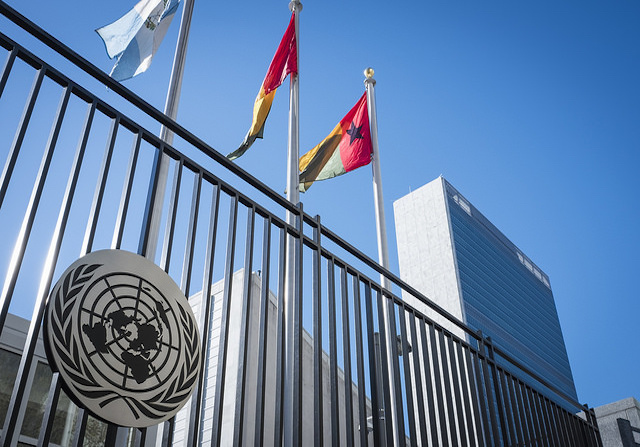
Jun 30, 2017 | Advocacy
A Joint NGO Statement was issued on the occasion of the Twenty-ninth meeting of UN treaty body chairs 27-30 June 2017, New York
This statement includes some reflections and recommendations, by the undersigned organisations (see list on p.6-7), in relation to the programme of work for the 2017 annual meeting.
Some of the comments and recommendations stem from a two-day consultation involving representatives of NGOs, States, treaty body members, OHCHR and academics, which took place in Geneva on 23-24 May 20171.
The consultation focused on developing a strategy for the Treaty Body strengthening process.
A report will shortly be made public.
The comments and recommendations below are structured around the substantive treaty body chairs meeting agenda items.
Universal-MeetingTreatyBodies-Advocacy-2017-ENG (full text in PDF)
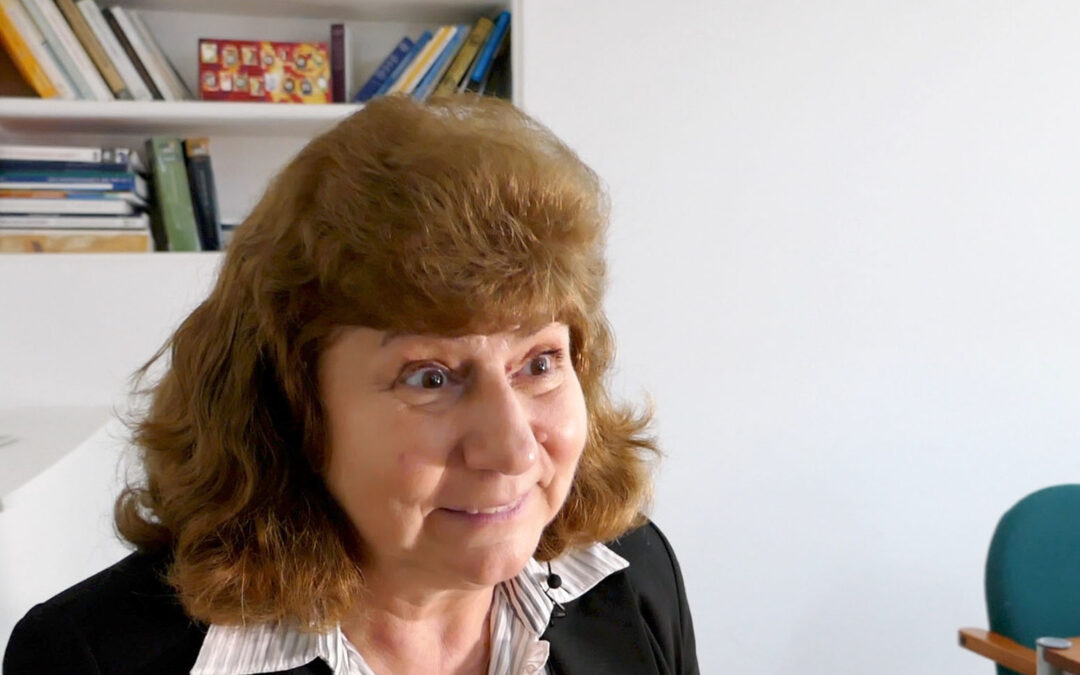
Jun 30, 2017 | Multimedia items, News, Video clips
ICJ Commissioner Karinna Moskalenko talks about the vulnerabilities of human rights defenders in Russia, as part of the ICJ’s ongoing women profiles series.
Ms Moskalenko is a Russian lawyer who has been a Commissioner of the ICJ since 2003. In the early 1990s she founded, and was the former Director of, the International Protection Centre based in Moscow.
The Centre was founded after Russia had ratified the Human Rights Committee Mechanism with the Optional Protocol to the International Covenant on Civil and Political Rights. This provided an opportunity to be able to use international mechanisms to appeal against injustices.
Once Russia had ratified the European Convention it was also possible to use the European Court of Human Rights as another means to challenge incidences where domestic remedies were failing to protect the rights of people in Russia.
The Centre pursued many cases successfully and the credibility of the organization grew, which also increased demands for help. Karinna said that women have a strong role to play in human rights defence work in Russia and form the majority of the human rights community where they are well respected.
However, this is not reflected elsewhere in Russian society where, although women are visible in senior roles within the judiciary and the executive, they do not often play an important role in leadership positions or decision-making.
“Women in Russia are sometimes much more vulnerable than other groups of the population,” said Karinna. She identified the particular problem of domestic violence as one where women are unable to obtain legal protections because police are not very interested in the problem. In addition many people within society think that women already have enough protections so there is little public opposition for reducing protections and no support for enhancing these.
Karinna felt compelled to work as a human rights defender to protect the most vulnerable people but commented that many lawyers are not interested in this field of law. Instead, they prefer to build careers within official bodies of the judiciary or the government. Human rights activities are no longer very popular, she said.
Members of non-governmental organizations are often accused of being ‘foreign agents’ or ‘enemies of the State’. As many people do not understand the nature of human rights defence work, Ms Moskalenko said it can be frustrating and hurtful to have to defend yourself against these accusations. However, Karinna thinks that those working in human rights are the most patriotic people she knows because they care about the rights of each and every member of society.
Fortunately, the International Protection Centre has won so many cases for ordinary people that they have a very good reputation in society, but they do not have enough funding for their activities. They cannot accept international funds and domestically no funding is available. Many lawyers take on unpaid cases, but not everyone can afford to do so. The defence of human rights is a very difficult career.
“I cannot say that there is no fear. There is, of course. Some of my friends were killed because of their human rights activity.”
Ms Moskalenko said that human rights defence work is very important but in Russia defenders are not protected financially, legally, morally or physically. They are frequently threatened, persecuted and even killed.
However, although working as a human rights defender is difficult, Karinna says that “when you somehow help people, you want to continue that, you think that you believe that you must do that, you cannot stop and people come to you, how can you refuse?”
Watch the interview:
The series of profiles introducing the work of ICJ Commissioners and Honorary Members on women’s rights was launched on 25 November 2016 to coincide with the International Day to Eliminate Violence against Women and the first day of the 16 Days of Activism Against Gender-Based Violence Campaign.
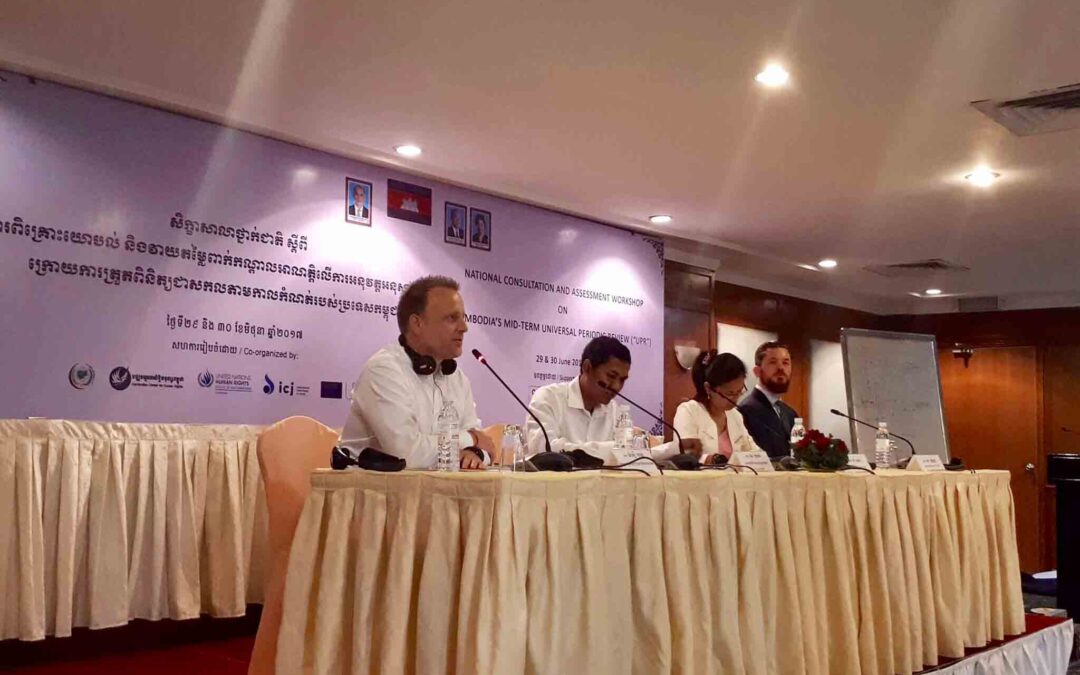
Jun 30, 2017 | News
On 29 and 30 June, the ICJ co-organized a workshop for Cambodian civil society on the UPR.
The workshop was organized with the Cambodian Center for Human Rights, the Cambodia Country Office of the Office of the High Commissioner for Human Rights, UPR Info, and the Cambodian Human Rights Committee on the mid-point review of the Human Rights Council’s (HRC) Universal Review (UPR) of Cambodia.
The Royal Government of Cambodia (RGC) underwent its second UPR in January 2014.
The objectives of the workshop were to:
1. conduct a comprehensive mid-term assessment of the progress and challenges as of late June 2017 of the RGC’s implementation of those recommendations made during the second UPR cycle of Cambodia that the RGC had accepted with a view to informing advocacy around the September 2017 session of the HRC;
2. To take stock of the situation of UPR implementation to provide a basis for preparation of NGO shadow reports during the 3rd cycle of the UPR;
3. To discuss a specific set of UPR recommendations among relevant government bodies and civil society organizations in order to build relationships and raise awareness of the recommendations;
4. To advocate for the full implementation of the recommendations accepted during the second UPR cycle of Cambodia; and
5. To increase awareness of and demand among the Cambodian public for the implementation of the accepted UPR recommendations and to increase awareness of the HRC and UPR process.
Kingsley Abbott, Senior International Legal Adviser for Southeast Asia for the ICJ, moderated a panel discussion on “developing strategic advocacy plans for monitoring the implementation of UPR recommendations” and delivered a presentation on “strategies to effectively implement recommendations and lessons learned from other countries” focusing on past UPR cycles of Thailand Lao PDR.
After a comprehensive review of the recommendations accepted by the RGC during the last UPR cycle it was determined that many of the recommendations had not been implemented.
Civil society agreed that it was important to further strengthen coordinated efforts to monitor and conduct advocacy around the UPR process, engage constructively with the RGC, and begin preparation for the third UPR cycle focusing on lessons learned from the last cycle and regional experiences.
Contact
Kingsley Abbott, ICJ Senior International Legal Adviser for Southeast Asia, t: +66 94 470 1345 ; e: kingsley.abbott(a)icj.org
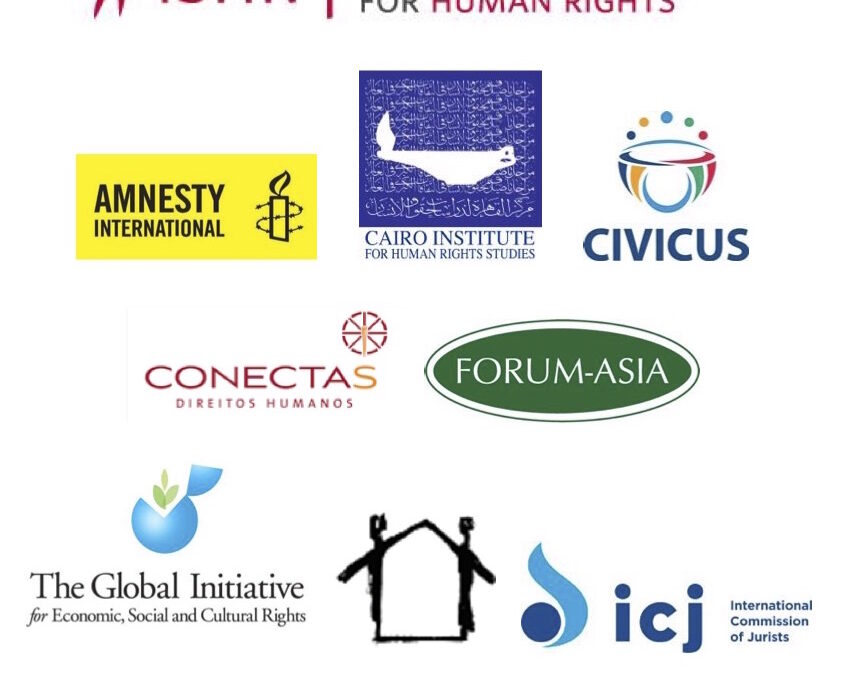
Jun 28, 2017 | Advocacy, Non-legal submissions
The ICJ has joined other leading human rights NGOs in setting out a range of specific measures to increase the effectiveness of UN Special Procedures – independent experts appointed by the Human Rights Council to address particular themes or countries.
The written submission was made in the context of the Annual Meeting of the Special Procedures, in Geneva.
Coordinated by the International Service for Human Rights (ISHR), the document assesses current practices against a range of recommendations made in an earlier joint civil society submission in 2016.
The 2017 submission welcomes progress on a number of the recommendations, but also highlights issues where little or no progress has been made. It also offers several new recommendations.
Among the positive developments are the enhanced role of the Coordination Committee, action taken to combat reprisals, the creation of a database where details of individual communications (i.e. complaints) can be accessed, and engagement of Special Procedures with international and regional forums.
The full 2017 submission, entitled “The Special Procedures: Developments in Institutional Strengthening and Working Methods”, can be downloaded in PDF format here: UN-Submission-AnnualMeetingSpecialProcedures-2017
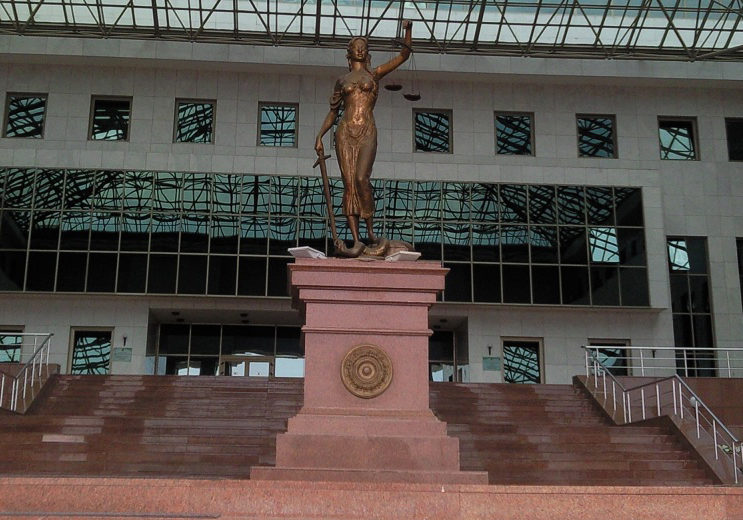
Jun 28, 2017 | News
Government moves to amend the regulatory framework of the legal profession in Kazakhstan may undermine its independence and are contrary to the principle of self-regulation of the profession, the ICJ said today.
The ICJ called on the authorities of Kazakhstan to refrain from interference in the governance of the independent legal profession and step back to allow the collegia of lawyers to continue to take responsibility for such matters.
The ICJ stressed that any proposals for reform put forward by the governing bodies of the profession should be developed in consultation with and enjoy the consent of the members of advokatura in accordance with international law and standards on the independence of lawyers.
The ICJ was responding to proposals put forward by the Justice Minister Marat Beketayev for reform of the legal profession in Kazakhstan.
In a statement to Parliament on 29 May 2017 (Report of the Minister of Justice on the issues of further development and reform of the institutes of notary and advokatura on 29 May 2017), the Minister outlined plans to:
- lower training and entrance fees to the profession “in order to simplify access to the profession”;
- broaden the powers of the Republican Collegium to regulate the disciplinary system for lawyers, in light of the Minister’s view that lawyers were avoiding disciplinary responsibility in many cases under the current system;
- require lawyers to undergo annual training followed by exams, which would be set not by the collegia themselves, but by universities or external training centres;
- require lawyers, in addition to the participation in state-funded legal aid scheme, to provide mandatory legal assistance without financial support from the Government, which the Minister described as “pro bono” service
The importance of an independent legal profession which is self-regulating is well recognized and accepted under international standards and by international authorities.
One of the means by which such independence may be guaranteed is the governance of the profession by an organization independent from the State or other national institutions.
International standards provide that it is an important function of the lawyer’s association “[t]o maintain the honour, dignity, integrity, competence, ethics, standards of conduct and discipline of the profession” (Singhvi Declaration, para.99).
In this context, comments by the Justice Minister Marat Beketayev on the need to change the disciplinary system due to lawyers avoiding disciplinary responsibility “for violations committed” is of serious concern, the ICJ said.
While it is important that lawyers who act against the interests of their clients, or otherwise violate standards of lawyers’ ethics are subject to disciplinary responsibility, it is the function of the profession itself to decide on such matters. Disciplinary proceedings should never be used to undermine lawyers’ independence.
Lowering entrance fees for qualifying lawyers may be a positive measure that can enhance access to the profession for qualifying lawyers, in circumstances where such fees are inaccessibly high.
However the initiating and design of such proposals should not be in the hands of the executive, as this may limit the independence and effectiveness of the legal profession.
Financial sustainability of an independent legal profession largely depends on its members’ fees.
The advokatura should be able to regulate and finance its regular operations, including administration and training, the ICJ added.
As noted by the former UN Special Rapporteur on the Independence of Judges and Lawyers in his report of 2009: “… the legal profession is best placed to determine admission requirements and procedures and should thus be responsible for administering examinations and granting professional certificates. This would further help in preserving its independence and self-governance, as advised in the Basic Principles.”
The ICJ is also concerned at suggestions that, as part of continuing legal education, lawyers will be subject to examinations by institutions outside the profession.
While it remains unclear what role or effect such examinations would have, the proposal raises concerns regarding the legal profession’s self-regulation and would risk undermining its independence, the ICJ said.
It should be recalled that, Kazakhstan is required take measures to remove obstacles to the independence of lawyers.
Regarding the proposals on so called ‘pro bono legal assistance’, while it is welcome when any State adopts measures to make legal aid more accessible, such measures should not place an unreasonable burden on lawyers to provide mandatory legal assistance.
The scheme proposed by the Minister for Justice whereby lawyers become responsible for providing legal services without financial compensation for their work is of concern, and appears unlikely to ensure a high quality of legal advice, the ICJ added.
It should be the role of the government to provide regular and sufficient funding for such services, ensuring that legal aid is available for indigent clients in line with international standards.
Kazakhstan-Interference legal profession-News-2017-RUS (Russian version, in PDF)









